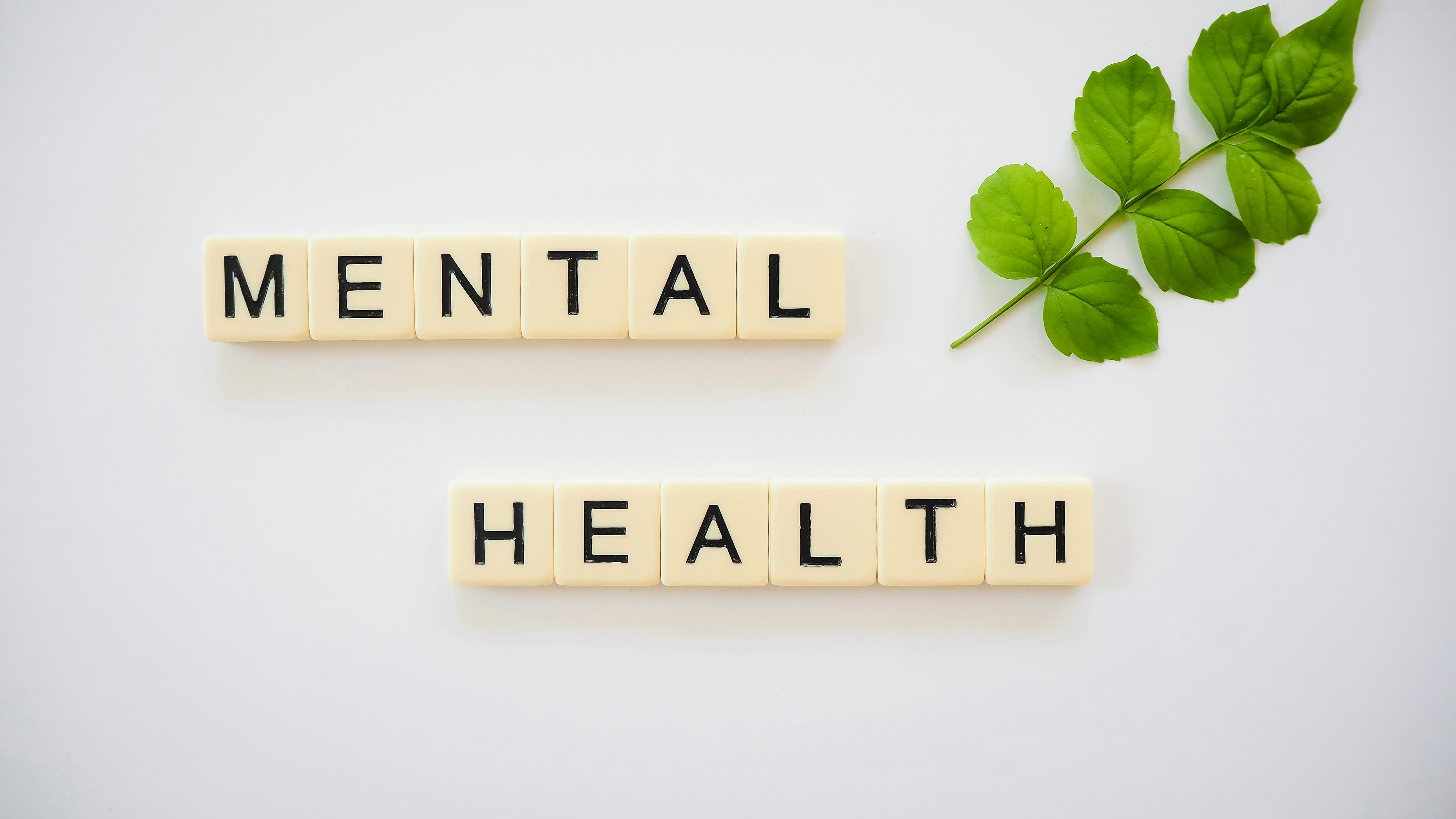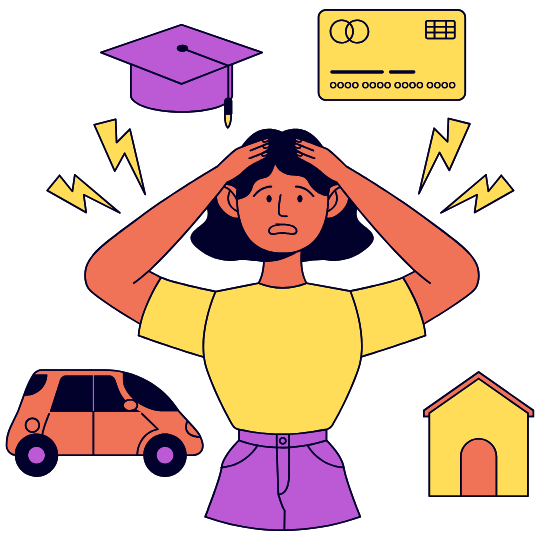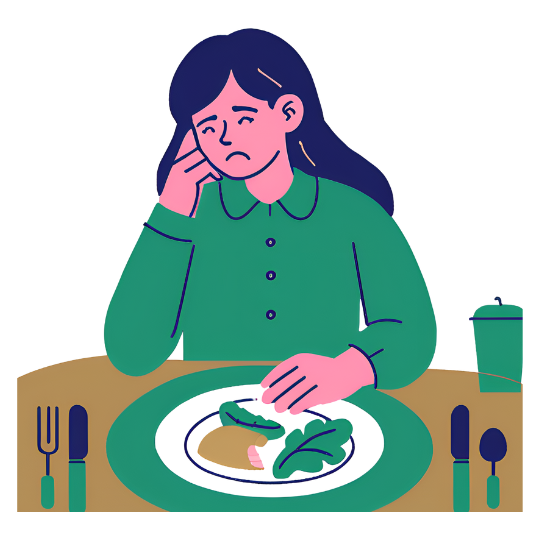
Debunking Top Myths about Mental Health: Part 1
There are many myths about mental health and mental illness that are promulgated by the media. The movies, tv shows, books, and other media we consume may feature stories related to mental health that give an incomplete picture. As doctors and mental health practitioners, we hope to share the facts and shatter any misconceptions about mental health illnesses, and encourage those to get the help that they need.
Here are some of the most common myths about mental health and why they are wrong:
Myth #1: Having a mental illness means you are crazy.
This is one of the worst stigmas out there and completely erroneous. Having a mental illness does not mean you are crazy. Experiencing symptoms of depression, anxiety, bipolar disorder amongst other distressing mental health issues means you are experiencing challenging symptoms. Distressing mental health issues can cause you to behave out of the ordinary. It can make you experience destabilizing mood swings, or distort your reality, but it does not mean you’re crazy. It makes you someone who is vulnerable, and who is human – all of us are susceptible to disease and a mental illness is a disease that needs to be treated just like any other.
Myth #2: People with mental illness are violent and dangerous.
At least 20-30% of the entire world’s population will have a diagnosable mental health condition at any given point. However, only a tiny fraction of those diagnosed with a mental illness will have violent tendencies. The truth actually shows that people with mental illnesses are 10 times more likely to be victims of a violent crime than the general population.
This stigma comes mainly from very few, highly-publicized events where someone happened to have an untreated, poorly controlled schizophrenia or anti-social personality disorder but in fact, only 3-5% of violent acts total can be attributed to individuals living with a serious mental illness.
Myth #3: Once mentally ill, always mentally ill.
It is absolutely possible to fully recover from mental health problems. Many people undergo cognitive behavioral therapy, medication management, and other techniques and treatments. For those experiencing a more severe mental health problem, it is still absolutely possible to find ways to manage those symptoms by working with a professional. If you are mentally ill and feeling as if you will not recover – do not lose hope and have perseverance. There are ways to manage it and live the life that you want.
Myth #4: Psychiatric medications are bad and can change my personality.
Psychiatric medications are not only beneficial in improving symptoms but can also be life-saving especially for those experiencing severe symptoms. Just like antibiotics are needed to treat strep throat, psychiatric medication can be essential to one’s recovery and management of symptoms. There is also a common misconception that mental health medication can change one’s personality for the worse. However, most mental health medication helps to correct a chemical imbalance in your brain; it will actually will help you feel more like yourself and live the life that you want.
Myth #5: Children do not experience mental health problems, they’re just going through a phase.
Around 10% of children (aged 5 to 16 years old) have a clinically diagnosable mental health illness. Furthermore, current statistics provided by the World Health Organization find that 1 out of 7 between the ages 10 to 19 have a diagnosable mental illness. How can a parent know whether one’s child is going through “just a phase” or a mental illness? Look out for the following warning signs:
– Feelings of sadness lasting for more than 2 weeks.
– Withdrawn behavior and no desire to see friends; sudden overwhelming fear accompanied by racing heart and hyperventilation that get in the way of daily activities.
– Severe and uncontrollable behavior that can hurt themselves or others, drastic changes in behavior and personality.
– Getting into multiple fights using a weapon or seeking to actually hurt someone.
– Not eating anything or throwing up food.
– Extreme difficulty in concentration or “staying still”.
If you notice these signs or any other concerning behaviors, it would be helpful to speak with a professional.
Myth #6: I must have been a bad parent.
The causes of a mental illness are complex and not rooted in a single factor. It is true that a child’s relationship with their parents and home environment can impact and worsen a psychiatric disorder. However, we have seen many cases where children develop a mental illness even if they grew up in safe and loving home environments. Mental illnesses such as anxiety and depression, as well as autism and learning disorders, have roots in biological factors. Parenting is not necessarily to blame.
Children are growing up in a world much more complex due to the prevalence of social media, online bullying, and the constant 24/7 news cycle – no wonder we have seen anxiety levels soaring amongst children. However, it is important to emphasize that parents do play a central role in helping their children obtain the required support and care towards recovery.
Enjoyed our blogpost? Subscribe to our newsletter for more resources on mental health and integrating the Gospel message in your healing journey.
If you found our resources useful, please consider donating to Oak Health Foundation, which is a 501(3)c nonprofit dedicated to providing resources regarding holistic mental healthcare and subsidized treatment for those in need.




